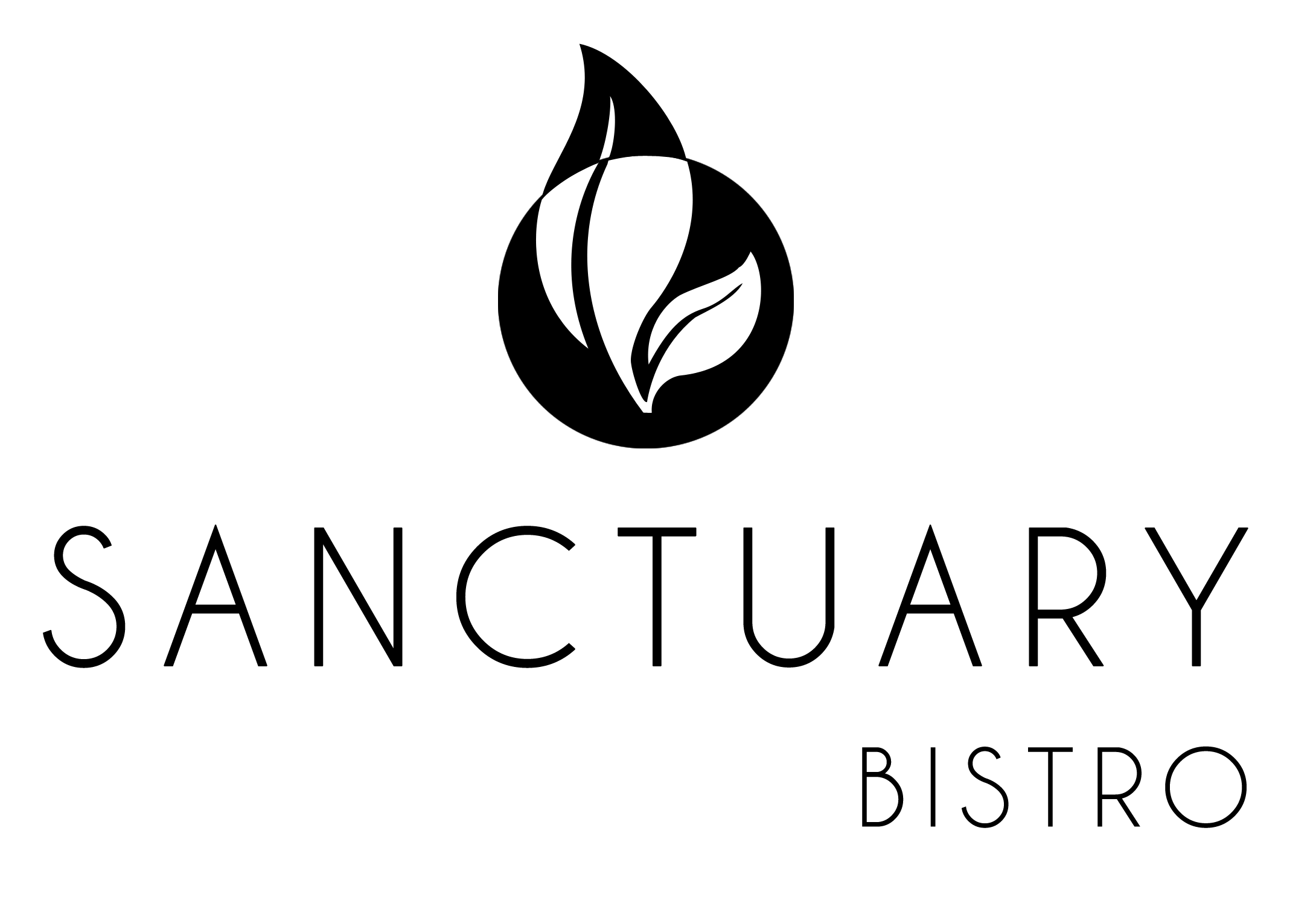Inclusive Disaster Preparedness, lessons from the COMAL Network (Red COMAL), Honduras
"When we think of community, we tend to think of our neighborhood or the places that we go on a regular basis. But the world grows smaller with the advent of social media and the like. We are able to see how small this world is and how much of an impact our choices make on those not as close as we once thought. We are all community and the world is our home. If we don't fight for it who will? Ecoviva has joined the fight. Check out their story about Inclusive Disaster Preparedness below, and the link here to their own site to learn more about what they do. If you love what they are doing you can donate here. - Jennifer"
By Karolo AparicioGlobal climate change is affecting all living things on the planet. Droughts are becoming moreintense and frequent. Storms that are supposed to occur once every hundred years arehappening more often. While writing of this short piece, there are dozens of major firesburning in the Western US, including the largest fire ever recorded in California. TheIntergovernmental Panel on Climate Change (IPCC) has already predicted that risks associatedwith extreme events will continue to increase as the global mean temperature rises. “Climate-change-related risks from extreme events, such as heat waves, extreme precipitation, andcoastal flooding, are already moderate and high with 1°C additional warming [and] risksassociated with some types of extreme events (e.g., extreme heat) increase further at highertemperatures.”IPCC, 2014, p.12But while the effects are global in nature, those effects are not felt evenly. Some geographicregions and segments of the population are more vulnerable than others. “Risks are unevenlydistributed and are generally greater for disadvantaged people and communities in countries atall levels of development. Risks are already moderate because of regionally differentiatedclimate-change impacts on crop production in particular. Based on projected decreases inregional crop yields and water availability, risks of unevenly distributed impacts are high foradditional warming above 2°C.According to a 2018 report by Germanwatch (a leading humanitarian think tank),https://germanwatch.org/en/download/20432.pdf Honduras is number 1 on the list of countriesmost affected by extreme weather events.But among the populations most exposed to climate change-related vulnerability are people withdisabilities. Although there is a lack of global data, a United Nations study cited specific reportsthat demonstrated that the mortality rates of persons with disabilities was 2 to 4 times the rest ofthe population. For example, for the 2011 tsunami that affected Japan, “the mortality rate amongthe disabled registered with the government was double that of the rest of the population.”https://ideas4development.org/en/persons-disabilities-among-first-victims-natural-disasters/In response to the reports and studies, our Honduran partners with Red COMAL developedtraining and educational programs to make disaster preparedness more inclusive. They helpedauthor three popular education manuals, one geared for elementary school children, another forhigh school students, and one that is suitable for planners and other community leaders. Thesebooks are available in Spanish for free on Red COMAL’s website and they cover best practicesin inclusive disaster preparedness as well as case studies from Central American countries inwhich these practices are applied.Our partners have already led training sessions with dozens of community leaders and the keytakeaways will be incorporated in disaster preparedness protocols at the community level. Arecent training session was attended by 27 municipal government leaders and members of keycivil society organizations and members of the national press.Their process found that one of the most effective and inclusive disaster preparednessstrategies is to include people with disabilities in the design of risk maps and preparednessplans. This sort of disaster preparedness will save lives when the next natural disaster strikes.The rest of the world could benefit and learn a great deal from this sort of planning.Sources cited:https://germanwatch.org/en/download/20432.pdfhttps://www.ipcc.ch/pdf/assessment-report/ar5/wg2/ar5_wgII_spm_en.pdfhttp://www.redcomal.org.hn/?q=Gestion-Inclusiva-del-Riesgo/PublicacionesAbout EcoViva:EcoViva supports community-led social justice movements in Central America implementing innovativesolutions to poverty, environmental degradation, and climate change. We work in partnership withcommunity-based organizations in El Salvador and Honduras. You can lear more about our work atEcoViva.org Bio:Karolo Aparicio is the Executive Director of EcoViva. Before joining EcoViva he led the Donor Servicesteam at the Global Fund for Women and also led fundraising efforts for the Sierra Club San FranciscoBay Chapter, International Rivers, Save The Bay and Global Exchange.Karolo has an MBA from San Francisco State University, where he also earned his BA. Karolo also holdsan MA in Anthropology from Vanderbilt University where he did field work in Guatemala and Mexico.
Bio:Karolo Aparicio is the Executive Director of EcoViva. Before joining EcoViva he led the Donor Servicesteam at the Global Fund for Women and also led fundraising efforts for the Sierra Club San FranciscoBay Chapter, International Rivers, Save The Bay and Global Exchange.Karolo has an MBA from San Francisco State University, where he also earned his BA. Karolo also holdsan MA in Anthropology from Vanderbilt University where he did field work in Guatemala and Mexico.
